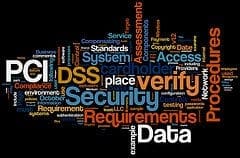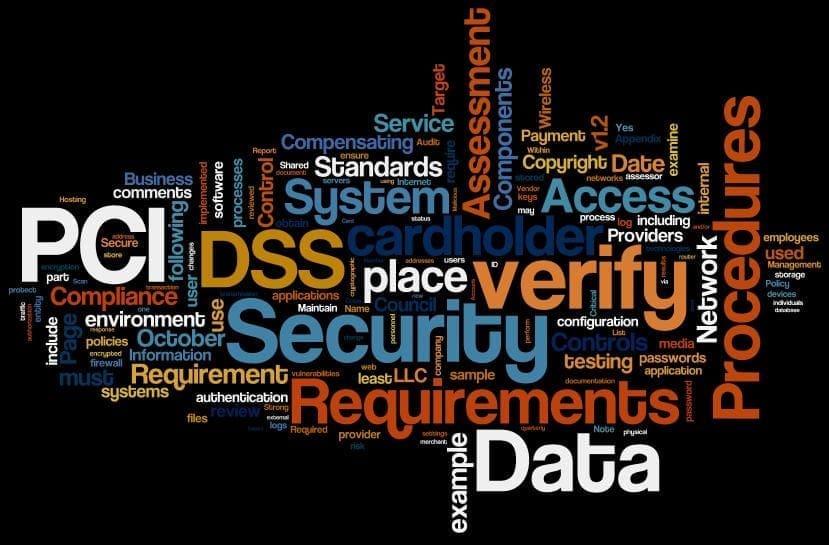 Part of any business model includes the expectation that if money is invested, a return on the investment can be measured by how it impacts your bottom-line. However, understanding the value of investing those dollars in data security and calculating ROI can be challenging.
Part of any business model includes the expectation that if money is invested, a return on the investment can be measured by how it impacts your bottom-line. However, understanding the value of investing those dollars in data security and calculating ROI can be challenging.
Let’s look at a straightforward example of an investment in physical security. A firm’s CEO decides to invest in security cameras. This means the company needs fewer security guards, saves on salary and benefits, and over time realizes a significant ROI.
It’s not so straightforward with an investment in data security. There’s a problem in trying to calculate ROI from this kind of security because just by doing their job, security tools destroy any proof of their effectiveness. If an investment in security is successful, nothing happens. A loose measure is to calculate how long it will take your business to recover the cost of your investment. It’s not science, but neither is using a crystal ball — how do you know whether nothing would’ve happened anyway?
Companies face three phases of economic consequences that can result from a security breach. Instantly, the organization faces the cost of determining what went wrong and how to manage the problem. Next comes the loss of pending sales or contracts and existing customers due to an inability to provide products or services. This will undoubtedly have a negative economic impact, and typically sends a company’s CEO on a long-term journey of damage control to mitigate a firm’s damaged reputation. Finally, a firm must contend with the long-term impact of a decline in the value of the business itself. While the ability to calculate an actual ROI for your investment in data security may be challenging, it certainly won’t be difficult at all, after an incident occurs. After a security breach, an ROI is easy to calculate, and the costs tend to be crystal clear.
A security infrastructure ROI can’t be measured in traditional ways if no security breach occurs, because the benefits are invisible.
However, a company’s return on security infrastructure investments can be measured in other ways.
For example, in the financial industry, building a solid data infrastructure does provide returns, and in some very important ways. Data security can be leveraged into an effective marketing tool.
Businesses in the financial industry can:
- Build a data infrastructure that attracts clientele
- Utilize data security to grow revenue
- Utilize data security to gain trust
According to the Better Business Bureau, surveys show that businesses grow in direct proportion to the trust they develop in their clients. Clients are more willing to share information if they know a business keeps their information safe and secure.
This information is vital to help you tailor marketing campaigns. It will also help you develop new financial products and services that meet the needs of specific client populations, make your products and services more attractive to new clientele, and increase revenue.
Is your Data Secure? Find Out.
Photo Courtesy of purpleslog

